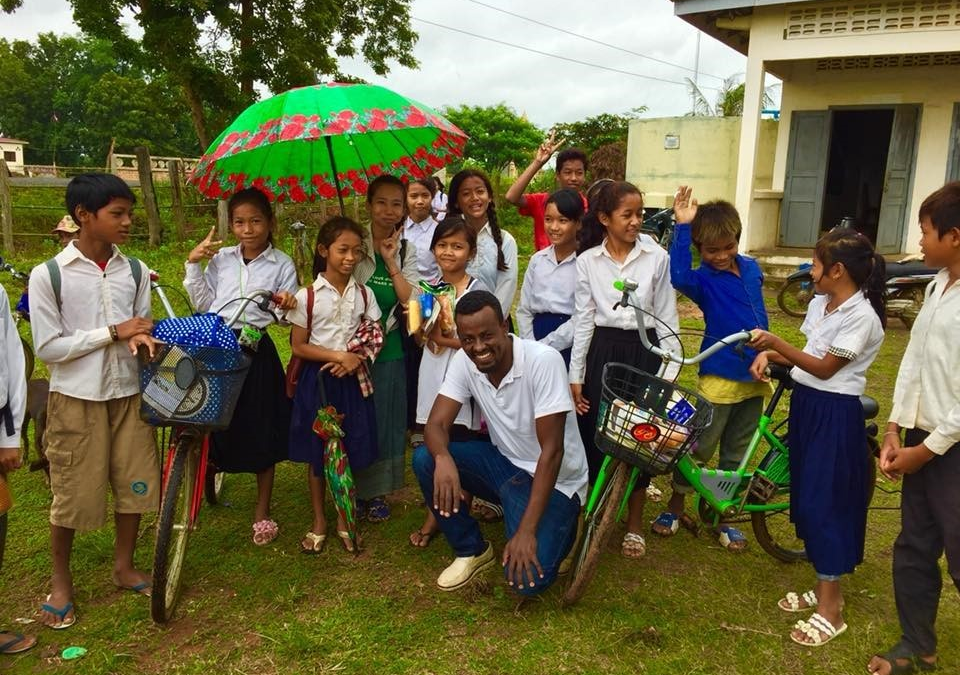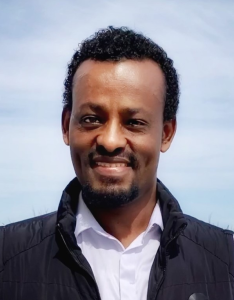
Samuel Tumdedo—Humanitarian Software Developer

August 16, 2022 • ISSUE 635
|
|

Samuel with children in Cambodia
|
After many years of living under stressful and unsafe conditions, Samuel needed a change. He had always been interested in technology and programming, and he began working on IT projects with friends while still working with humanitarian organizations. In 2019 he got a job in Maryland and moved to the US. But he wanted to further improve his skills, so he joined the Master’s in Software Development program at MIU.
Samuel enjoys the healthy vegetarian meals on campus and his daily practice of the Transcendental Meditation® technique. “I’m not accumulating stress anymore because I have a way to release it,” he said.
“The education system, coupled with TM at the beginning and end of the day, makes me feel like I am understanding something deeper, like I am more connected to God, and have a deeper appreciation of my own religion.”
Samuel hopes to use his software development skills to work with humanitarian organizations and contribute to educational systems in underdeveloped countries.
|

 MIU student Samuel Tumdedo grew up in a family of farmers in Ethiopia and studied hydraulic engineering at Arba Minch University. As a Christian, he wanted to use his education to help communities in need, so he decided to do humanitarian work.
MIU student Samuel Tumdedo grew up in a family of farmers in Ethiopia and studied hydraulic engineering at Arba Minch University. As a Christian, he wanted to use his education to help communities in need, so he decided to do humanitarian work.